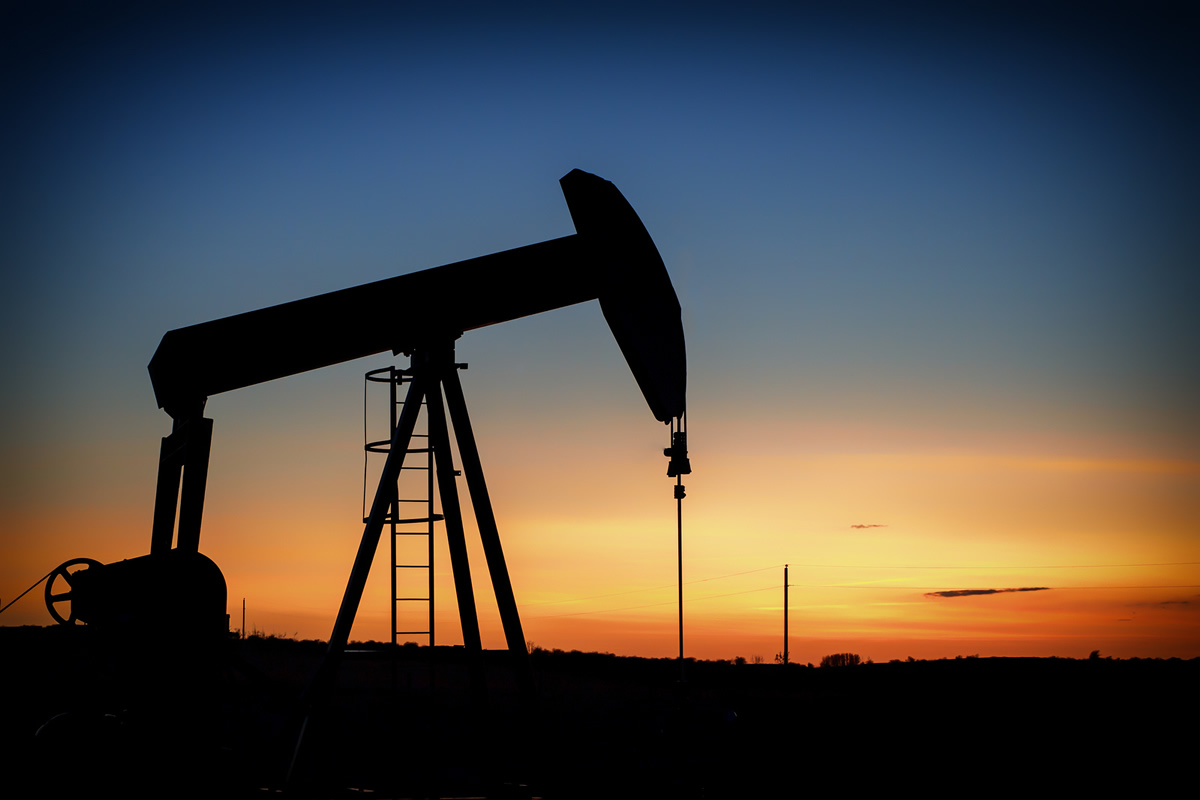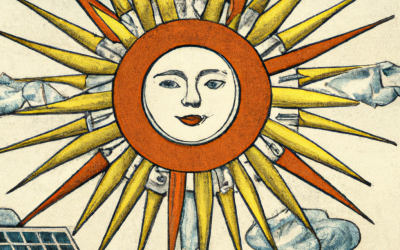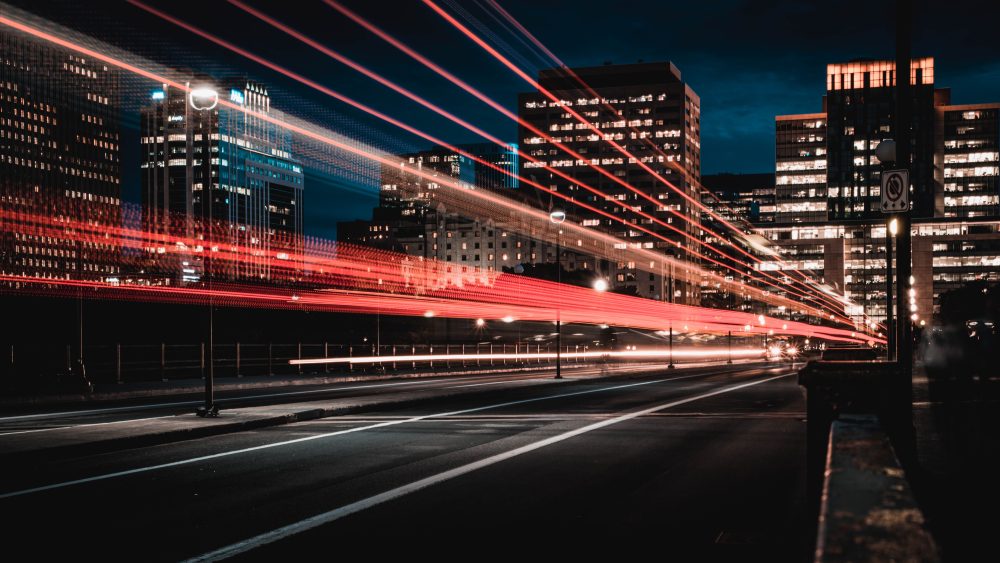CARACAS — Dennis Savicke pulls his white 1982 Ford truck into a Caracas gas station and tops up its two tanks to their 120-litre capacity. The price: 6,000 bolivars, or $3.29.
While the rest of the world complains about soaring gasoline prices, Venezuela has a different problem: gasoline is almost free and its price is dropping.
“It seems cheap to you,” Mr. Savicke, a delivery man, told a reporter after filling up. “But it’s expensive for us. We have lots of petroleum here, so how could they raise the price? “
Here in the world’s fifth-largest petroleum exporter, the government keeps the retail price of gasoline fixed at 70 bolivars a litre for regular gasoline, and 97 for premium. With inflation dropping the bolivar’s value to about 1,800 to the Canadian dollar, pump prices have fallen to as low as four cents a litre.
But the subsidy worsens air pollution, while costing the government billions of dollars that it could earn by exporting gasoline at world prices. It feeds horrendous traffic jams that clog streets with gas-guzzling sport-utility vehicles and decades-old wrecks, many of which stream trails of exhaust because Venezuela enforces no car-pollution laws. It is also fuelling a smuggling industry to Brazil, Colombia and the Caribbean islands.
The subsidy “is a crime,” said Jose Moya, president of the environmental organization Forja.
It is popular, however, with both the rich, who accuse populist President Hugo Chavez of squandering money, and with the poor, who fear an increase in bus fares.
In recent months, many street merchants have purchased portable generators, adding more pollution and entrenching the subsidy even further. Four months ago, the city’s electric company cracked down on the theft of current, so Gustavo Ceja bought a generator to power the stereo he uses to test the bootleg compact discs he sells. Running the generator all day costs him about seven cents, he said.
“If this were a developed country, then we could pay a dollar a litre for gas,” he said. “But here, there are many poor people.”
In border areas of Colombia, gas stations collect dust while the roads to Venezuela are lined with people offering plastic jugs of smuggled gasoline. On the Venezuelan side, gas stations’ supplies are rationed.
That has not stopped drivers of decades-old cars outfitted with huge tanks — and often extra ones in the back seat and trunk — from driving back and forth across the border, filling up with Venezuelan gas and selling it at a huge profit in Colombia. The smuggling costs Venezuela hundreds of thousands of dollars a year and helps finance Colombia’s outlawed right-wing paramilitary forces.
Although gasoline has always been cheap in Venezuela, previous governments raised the price periodically. Upon taking office in 1999, however, Mr. Chavez froze retail gas prices. Since then, double-digit inflation has caused the price of everything else to soar so that today a litre of gas costs less than a single photocopy and a gallon sells for the price of a hen’s egg. But even though the subsidy gobbles up money that could be spent on schools, hospitals or police, few are calling for higher gasoline prices.
“Gasoline should be cheaper,” said a grinning Jose Gregorio Baptista, a lawyer who was filling up his Ford Explorer in the BP gas station. “The government just spends its money on things it shouldn’t.”
Many say the subsidy contradicts the principles of Mr. Chavez’s “revolution for the poor” because the car-owning upper classes receive a disproportionate amount of the savings. However, gas-station owners are about the only ones complaining.
“The government says that selling the gas cheaply helps the poor, but the rich are the ones who have cars. They have three or four cars, and the poor people walk,” gas-station owner Francisco Sosa said.
“Here, gasoline is cheaper than water.”


